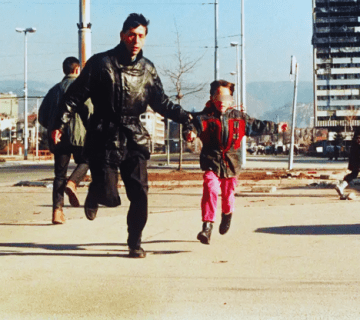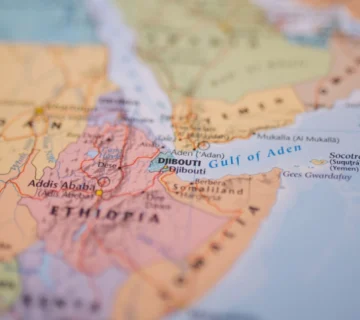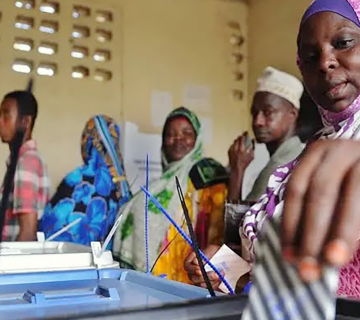Rwanda and Uganda relations are under extreme duress. Rwanda has decided to close its main border with Uganda, and it has given a directive to its citizens not to cross to Uganda citing security concerns.
President Kagame (Rwanda) President Museveni (Uganda) have been erstwhile allies. Kagame was raised in Uganda at a time when Rwanda was experiencing the first genocide. The two later became friends and Kagame joined Museveni’s National Resistance Army, helping him fight the five-year guerrilla war which culminated in a Museveni presidency in 1986. Museveni also supported Kagame, who commanded the Rwandan Patriotic Front (RPF) in defeating the extremist government, and eventually taking over the leadership of the country.
The Six-Day-War
The two leaders and their countries remained allies until mistrust and distrust set in. The Rwanda-Uganda row can be traced back to the Kisangani clashes in 2000, during the Six-Day War, in the Democratic Republic of Congo (DRC). Driven by the common interest in Congolese minerals and other resources, the two countries took part in the Congo war of 1998-2002 with the aim of ousting Laurent-Désiré Kabila, who was DRC’s president then. However, both countries ended up losing soldiers after the two armies clashed, accounting to one of the biggest loses for Uganda. Enmity set in, and in 2001, Museveni wrote a letter to Claire Short, the United Kingdom’s Secretary for International Development at the time, accusing Rwanda of plotting to overthrow his government. Since then, Rwanda-Uganda’s relationship has been on a roller coaster until 2011 when Museveni visited his Rwandese neighbor sparking rumors renewed friendship.
Litany of Accusations and Counter-Accusations
However, since 2018, the relations between the two countries have deteriorated occasioned by distrust and fear of espionage on both sides. Uganda, for example, accuses Rwanda of planting spies who are a threat to its security, thus arresting or deporting them. On the other hand, Rwanda accuses Uganda of arresting Rwandese citizens, torturing and denying them access to legal services. It has also accused Uganda of supporting rebels and aiding its opposition leader, former Chief General Kayumba Nyamwasa, who is exiled in South Africa, with the grander aim of destabilizing Rwanda.
A report compiled by the UN Group of Experts on December 31, 2018, accused Uganda, Burundi and DRC of arming and providing logistical support to anti-Kagame elements based in South Africa and the DRC. According to the report, Gen. Nyamwasa has frequently visited DRC, Uganda and Burundi on a recruiting mission for his newly formed rebel group called P5, which is under the Rwanda National Congress (RNC) banner. Currently, this rebel group is situated in South Kivu in DRC bordering Rwanda.
More at Stake
Even as the two countries continue feuding, they have a lot in common. The two heavily depend on one another on the economic front. For instance, Uganda exports to Rwanda peaked at USD 180 million according to the 2017 World Bank report. This means that Rwanda effectively became Uganda’s fifth biggest export market. The same report also shows that Rwanda exported goods worth USD 10 million to Uganda.
In view of the recent developments, a number of approaches should be considered in pursuit of amicable and sustainable resolution to their differences. First, the shuttle diplomacy already initiated by President Uhuru Kenyatta, underscored by the quest to deepen integration and co-operation among the East African Community Partner States should be encouraged. Second, Uganda and Rwanda should seriously consider engaging in talks with other actors such as DRC, Burundi and South Africa. With DRC, Rwanda should work hand in hand with the government in order to disintegrate the P5 rebel group. Uganda should also carefully settle the contentions with Rwanda in regards to the presence of anti-Kagame elements in Kampala.
Janice Sanya, Research Department, the HORN Institute.
Photo Credit: African Arguments



